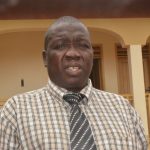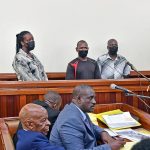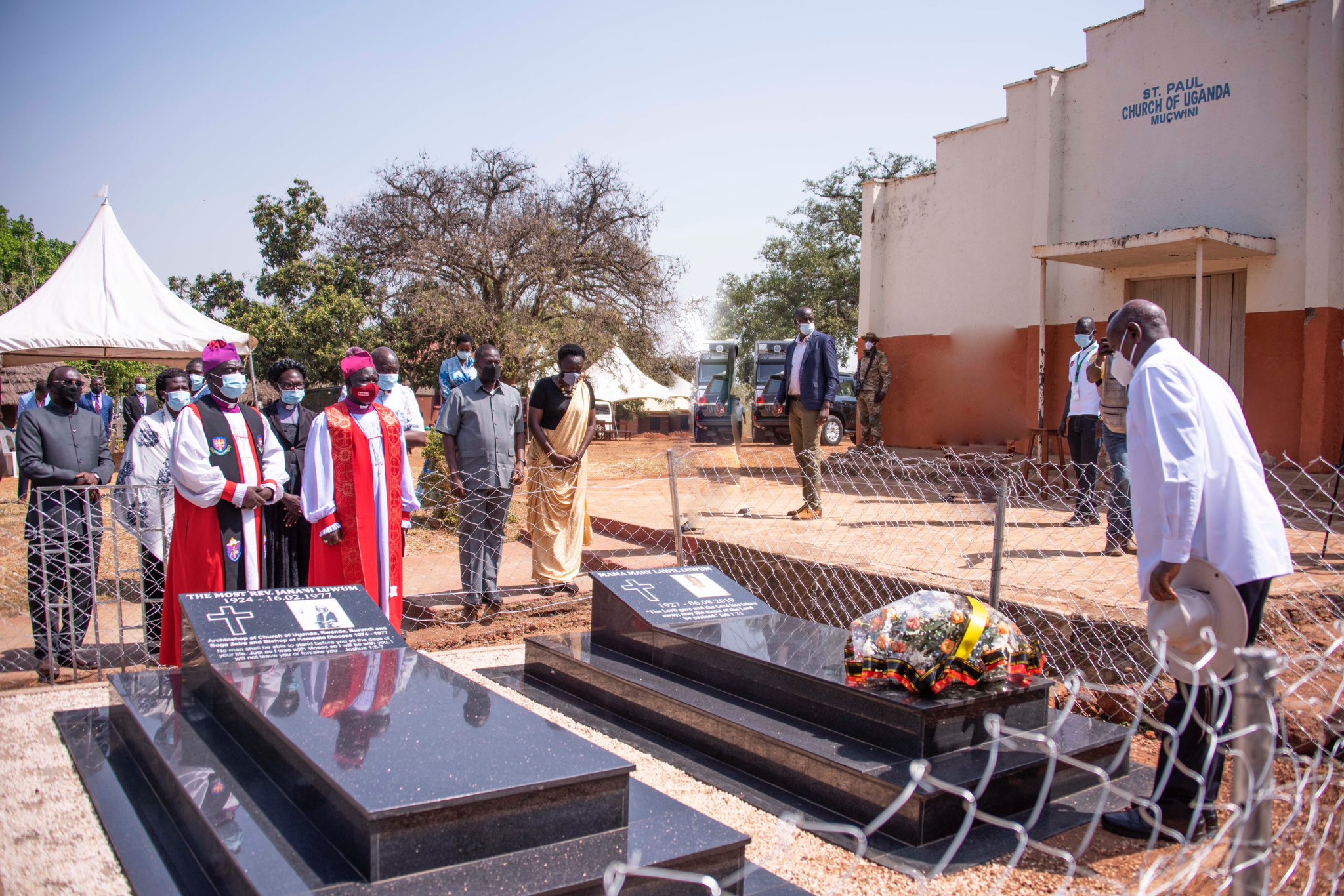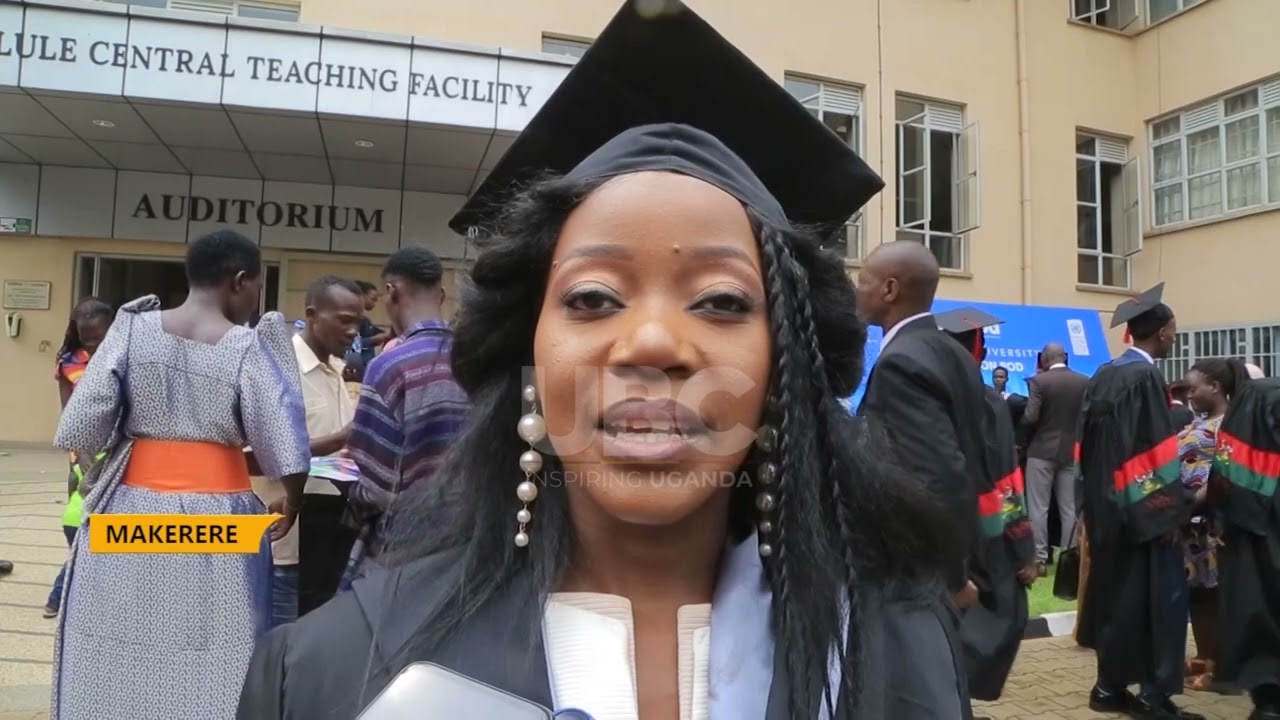Muslim religious leaders have been urged to diversify their skills beyond traditional religious duties. The call came during the closing ceremony of a one-month capacity-building exercise organized for imams under the umbrella of Nabugabo Swadaka Association (NSA). The training, which concluded on Saturday, saw 110 imams equipped with various skills relevant to their roles as heads of Muslim communities.
Imam Iddi Kasozi, a prominent Muslim scholar, emphasized the need for clerics to shift their mindset from solely relying on financial support from followers. Instead, he encouraged them to engage in vocational skills, which could serve as an additional source of income. Kasozi highlighted the existence of numerous projects and opportunities nationwide where imams could acquire skills for free and establish their businesses.
“Waiting for financial contributions from worshippers is outdated; imams should explore independent sources of income,” asserted Imam Kasozi. He cautioned against being overly money-minded during non-religious activities, emphasizing the importance of self-sufficiency for religious leaders.
Sheikh Zubair Kasule, the public relations officer of NSA, shared that the capacity-building initiative aimed to enhance imams’ understanding of their duties in alignment with Islamic teachings. Noting a lack of comprehensive training for Muslim leaders in remote areas, Kasule highlighted the annual efforts to train imams, with this year’s participants nearly doubling compared to the previous year.
Hassan Mugarura, a trainee from Masaka District, emphasized the significance of the training in providing imams with information and manuals on Islamic teachings. Mugarura revealed that imams in hard-to-reach areas, some without prior Islamic training, often faced challenges in leading Muslim functions, potentially resorting to forgery. The training covered diverse disciplines, including preparing deceased bodies for burial, preaching, leading Jumah prayers, providing first aid, and conducting Islamic marriage processes (Nikkah).




















